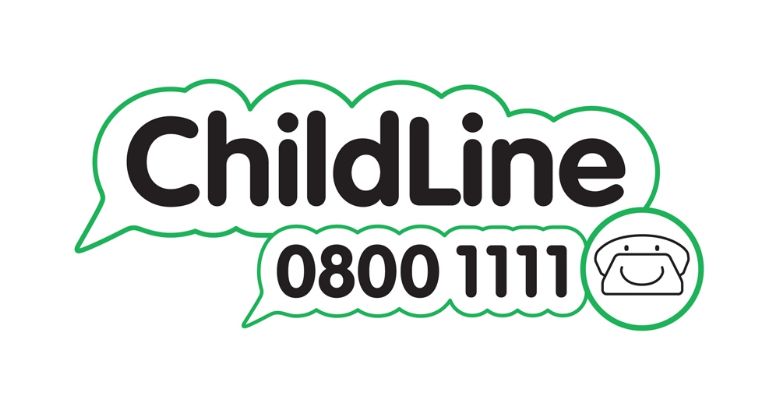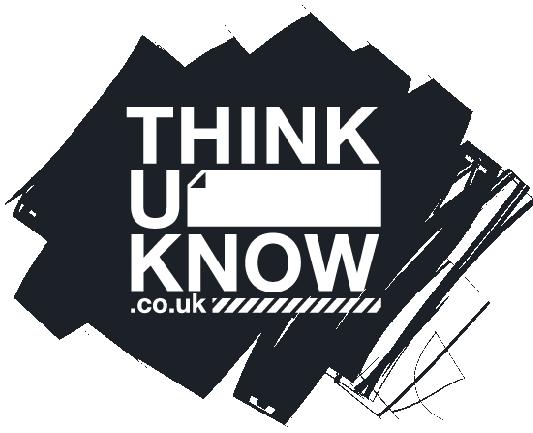Keeping Safe
Who can I talk to if I feel unsafe?
If you are worried about something, no matter how small, always tell an adult. In school, this could be your teacher, a teaching assistant, a member of our office staff or one of the safeguarding team. We will always help you! Each classroom has a worry box so you can write your worries down if you would prefer not to say them out loud.


Miss Jarvis is the Designated Safeguarding Lead

Mrs Cunningham is the Deputy Safeguarding Lead
If you have a problem you can’t fix on your own, it’s a good idea to speak to an adult you trust. Telling someone you need help isn’t always easy, but we have some advice to help you:

What if I don't want to talk to anyone in school or at home?
You can talk to Childline: Online, on the Phone, Anytime
Click on the logo to visit their page or dial the number 0800 1111 at any time to get the help and advice you need. Tell someone how you are feeling. There is always someone who can help.
What if I feel unsafe online?
Think U Know
Click on the logo and choose your age to learn more about staying safe online.
Childnet
You can also click on the logo to find great resources that will help to keep you safe online.
Sun Safety
It is important to keep safe in the sun and heat and to learn about unsafe exposure to the sun so that we can reduce the risk of sun damage.
In the summer months, we teach the children about sun safety, and we ask that parents help all children to do the following to support us in school:
- Apply a layer of sunscreen before school each morning during the summer months
- Bring labelled sunscreen to school - a minimum of 30 SPF with minimum 4 star UVA protection.
- Come every day with a hat
- Fill water bottles at the start of each day – teaching staff will remind the children throughout the day to drink plenty and to fill these up when needed!
- We also have NIVEA Sun Kids Protect (and Sensitive Protect) available in each class for those children who need it.

Road Safety - Stop, Look, Listen!
At school, all children learn about how to cross the road safely as part of our Personal, Social, Health & Economic (PSHE) curriculum. We are also lucky enough to have the support of our local Police Community Support Officers, who deliver workshops to our infant classes about different types of crossings and the rules we must remember when crossing the road.

Fire Safety
Every Year 2 and Year 6 pupil works with Derbyshire Fire & Rescue to learn about the importance of fire safety in the home and how to avoid accidental fires.
Click on the image below for some really great resources to learn more about fire safety!
Keeping Safe - Near & Around Water
Useful websites for children:
How do I keep safe near railways?
Network Rail have developed some great educational resources that encourage young people to stay switched on around the railway. Here you will find a range of age-targeted films, interactive games and classroom activities, that teaches pupils to be aware of risky behaviour and develop hazard-spotting skills. In the summer, during Rail Safety Week, the children take part in an interactive assembly in school, about keeping safe near railways.
We are First Aiders!
With the support of Derwent Training Consultants, all children learn basic first aid skills at Parkview using 'Flat Stan'. This includes the following:
- How to get help
- When to call 999
- How to check if someone is breathing
- How to help someone who is choking
- The theory of how to deliver chest compressions using the Flat Stan manikins
- How to deal with burns
- How to deal with bleeding
- How to deal with a nose bleed
- Have fun with bandages and slings







